
Never before have Food & Beverage Companies been held accountable for the way they grow things as they will be now and into the future. They are being called upon to drive Sustainable, or Regenerative, Agriculture – to repair the land they use.
- The consumer wants change and will determine winners with their pocket books1
- Their retail customers are making changes on their own and will require suppliers to meet their standards2
- The financial industry is taking notice of this change and placing money into the sector while requiring companies to measure progress on Sustainability
- Food & Beverage Companies are already acting.
Food & Beverage Companies will be driven to do something more than they have in the past to improve their agricultural practices and the land that supplies them. They need solutions!
EcoGEM can add value to correct for Sustainability Issues and enhance Regenerative Agricultural practices:
- Improve Soil Health and Structure 3
- Reduce emissions of greenhouse gasses including carbon dioxide, methane, and nitrous oxide4
- Serve as a nutrient enhancer, providing calcium and sulfur5
- Combat environmental damage caused by run-off of nitrogen and phosphorous6
- Protect against erosion and salinization7
- Mitigate against aluminum8and other heavy metal toxicity9 – correcting for certain types of soil contamination
- Enhance water infiltration, thus reducing irrigation water requirements10 and
- Increase crop yields11





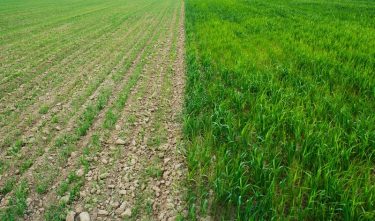




Soil Health: Remediate sodic and saline soils, minimize crusting and compaction, sequester heavy metals and eliminate aluminum toxicity. Improve porosity in soil, enhance fertilizer and water infiltration/containment, and provide needed macronutrients calcium and sulfur.
Water Management: The improved porosity enhances the infiltration of water during rainfall and irrigation. This can reduce irrigation water requirements by up to 30% and prevent the run-off of water, and fertilizers, post rainfall – minimizing algae blooms in nearby waterways.
Carbon/Greenhouse Gas Capture: Improved soils increase the organic material in the soil and this helps capture more carbon in the soil. Improved soil creates healthier and larger plants that also capture more carbon via photosynthesis.
EcoGEM’s bio-stimulant products can also drive a positive Return on Investment for the farmer!
- Reduce the water required for irrigation by up to 30%
- Reduce the amount of time spent in the field including tilling - time is money;
- Due to better water infiltration, the water will take fertilizers deeper into the root system, thus reducing the amount of fertilizer required;
- Increase CROP YIELDS!
- Provide another revenue source for the farmer with proven carbon capture capabilities.
- Increase the nutritional value of the crops;
- Remediate soil for long term sustainability.
An ROI Example – your ROI will depend upon crop and current soil conditions:
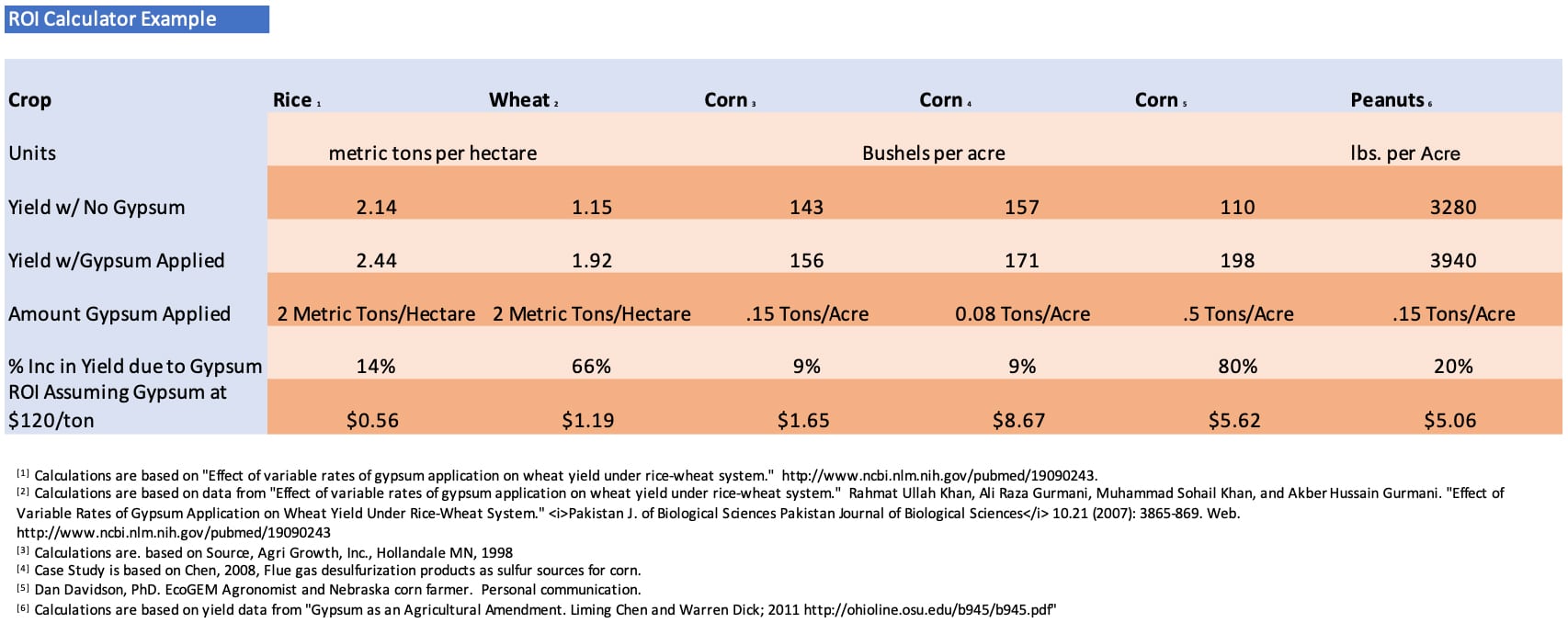






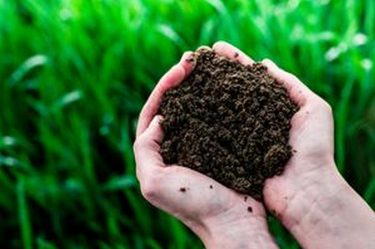
The World Economic Forum in Davos in Feb, 2020 identified Soil Health as a key opportunity to drive Regenerative Agriculture: Soil Health is a critical need to both feed the projected population and improve sustainability. They cited the following issues which will require improved Soil Health in order to meet these needs by 2030:
- Lack of Food Security: The world will need to feed 50% more people with less arable land;
- Soil Degradation: Soil contamination, crusting, aluminum toxicity, sodic (salty) soils diminish land for agriculture;
- Soil Structure:Crusting and clumping minimize water penetration, thus damaging plant growth;
- Drought:Global drought conditions are increasing;
- NPK Fertilizer Overuse:NPK fertilizer overuse is degrading the soil and has hit a point of diminishing return on crop yield growth in many geographies;
- The Increase in Demand for Organic/Pure Food:Organic produce grew 5.6% and tops $5B in sales in the US, $7B worldwide;
- Calcium and Sulfur Deficiencies:These essential macronutrients aid crop growth and health yet are becoming less common in soil;
- Water/Phosphorous/Nitrogen runs off compacted soil and contributes to algae blooms around the world






And, as always, there remains the need to Capture Carbon, or Reduce Carbon Emissions.
EcoGEM’s Calcium Sulfate Dihydrate, the intelligent crystal found in its Soil Enhancer product, is a unique product and can provide a solution for each of the concerns identified at Davos and within the agriculture community. EcoGEM’s Calcium Sulfate Dihydrate can even enhance the capture of carbon in the soil.
- Calcium Sulfate Dihydrate (aka, Selenite or Gypsum)
- Highly Pure with levels over 90% without filtering
- Certified for Organic Use (OMRI & NOP) – Perfect for organic farming
- Can be blended with other fertilizers or nutrients as needed
- Sold in agricultural grade and eventually pellets and solution grade options
Food and Beverage Companies are being called to action:
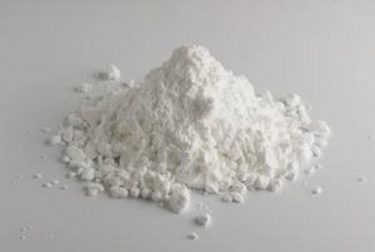






By effectively adopting the use of EcoGEM’s Soil Enhancer, a natural mineral certified for organic use
For a question and answer review of specific ways Calcium Sulfate Dihydrate can work in agriculture, please click the Agriculture Tab.





Food Industry Sustainability
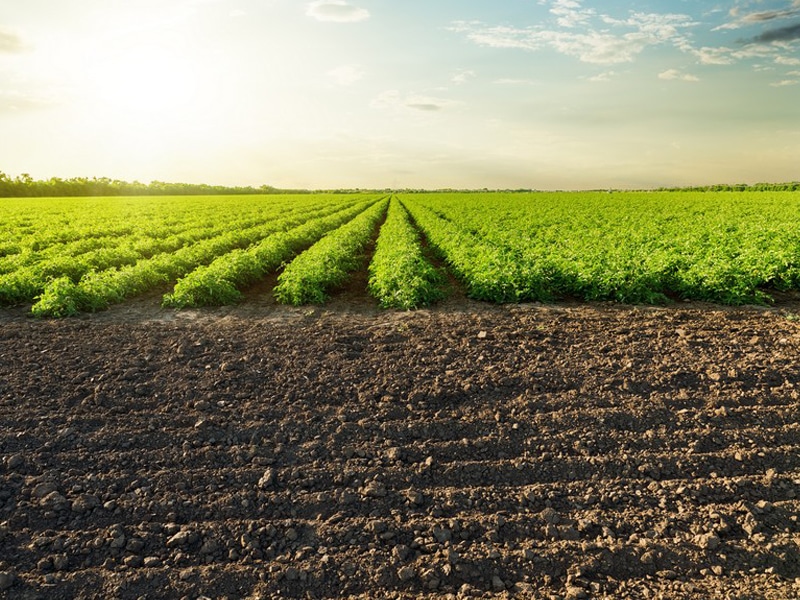
There has never been a time where the food industry sustainability and beverage industry sustainability has been held more accountable for the way they grow things as they do now and will in the future. The food industry sustainability can turn to EcoGEM when it comes to driving to do something more than they have in the past with improving agricultural practices and the land that supplies them.
We work with the food industry sustainability and the beverage industry sustainability with providing solutions that can increase crop yields, enhance the water infiltration and mitigate against aluminum and other heavy metal toxicity. We can add value to food industry sustainability in order to enhance regenerative agricultural practices.
We offer solutions for the food industry sustainability with products that:
- Improve soil health
- Improve soil structure
- Reduce emissions of greenhouse gasses
- Protect against erosion and salinization
For food industry sustainability, contact EcoGEM today.
(303) 500-6944
Beverage Industry Sustainability
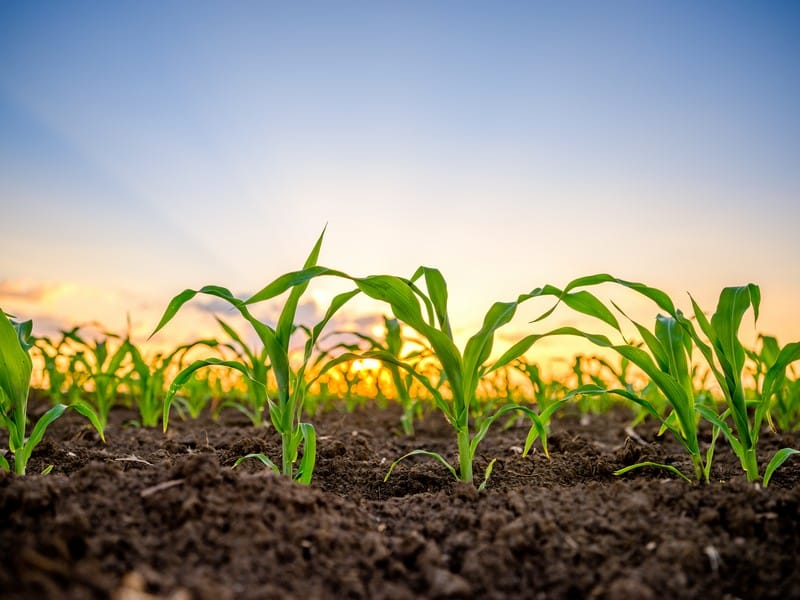
Rising awareness concerning issues of the environment has paved the way for the beverage industry sustainability. We believe that there needs to be more attention to the impact products have on the environment. This is especially true when it comes to beverage industry sustainability.
More and more beverage brands are putting beverages on the market that are free of polluting substances, bottled in more recycled materials and produced in a more ecological way. We truly believe that profitability and beverage industry sustainability go hand in hand.
The important areas to consider when it comes to beverage industry sustainability includes that of strategy and culture. This includes:
- Beverage industry sustainability waste
- Beverage industry sustainability packaging
- Beverage industry sustainability water
- Beverage industry sustainability energy and emissions
Get in touch with EcoGEM for your questions and concerns regarding beverage industry sustainability.
(303) 500-6944
Big Food Sustainability

Big food sustainability products are vital for those companies who want to design environmentally conscious products. More often than not, customers want to purchase from big food sustainability brands for the positive effects that they have on the environment. The demand for big food sustainability is no longer a trend. We are proud to offer big food sustainability solutions that are effective and good for the environment.
We offer big food sustainability solutions for the food and beverage industry with a product that contains calcium sulfate dihydrate. These solutions for big food sustainability have benefits like:
- Correct soil contamination
- Combat run-off nitrogen and phosphorus damage
- Provide calcium for soil heath
- Provide sulfur for soil health
Big food sustainability needs can be solved with contacting EcoGEM now.
(303) 500-6944
1 Chen and Warren Dick; 2011 from "Gypsum as an Agricultural Liming Amendment. http://ohioline.osu.edu/b945/b945.pdf"
2 Loveday J. (1981) Soil Management and amelioration. Abbot TS, Hawkins CA and Searle, PGE, eds. National soils conference 1980. Review Papers, pp 39-57. Glen Osmond, Australia: Australia Society of Soil Science Inc.
3 http://www.vegiecarbontool.com/uploads/Discussion%20Paper%206_ Options%20for%20mitigating%20greenhouse%20gas%20emissions%20for%20the%20Australian%20vegetable%20industry.pdf
4 Dr. L. Oldham (2019) Secondary Plant Nutrients: Calcium, Magnesium, and Sulfur. Mississippi State University Extension, MS 39762. Information Sheet 1039 (POD-07-19)
5 O’Brien, D. (2017) Using Gypsum to Help Reduce Phosphorus Runoff, USDA Agriculture Research Service-Research and Science Feb 21, 2017
6 Norton, L. D. (2006). Fact Sheet: Gypsum. National Soil Erosion Research Laboratory. http://www.ars.usda.gov/sp2UserFiles/Place/36021500/gypsumfacts.pdf
7 “Why Gypsum Works In your Soil: Part 5 Helps Ament High Aluminum Low pH Subsoils”, Soil Solutions Website, SOILSOLUTIONS. NET
8 Illera, V. & Garrido, F. & Serrano, S. & García‐González, M.. (2003). Immobilization of the Heavy Metals Cd, Cu and Pb in an Acid Soil Amended with Gypsum- and Lime-Rich Industrial By-Products. European Journal of Soil Science. 55. 135 - 145. 10.1046/j.1365-2389.2003.00583.x.
9 Oster J.D., (1982) Gypsum usage in irrigated agriculture: A review. Fertilizer Research 3, pp73-89 (1982).
10 Batte, M., Forster, D. (2015) Old is new again: The Economics of agricultural Gypsum Use. 2015 Journal of ASFMRA.

